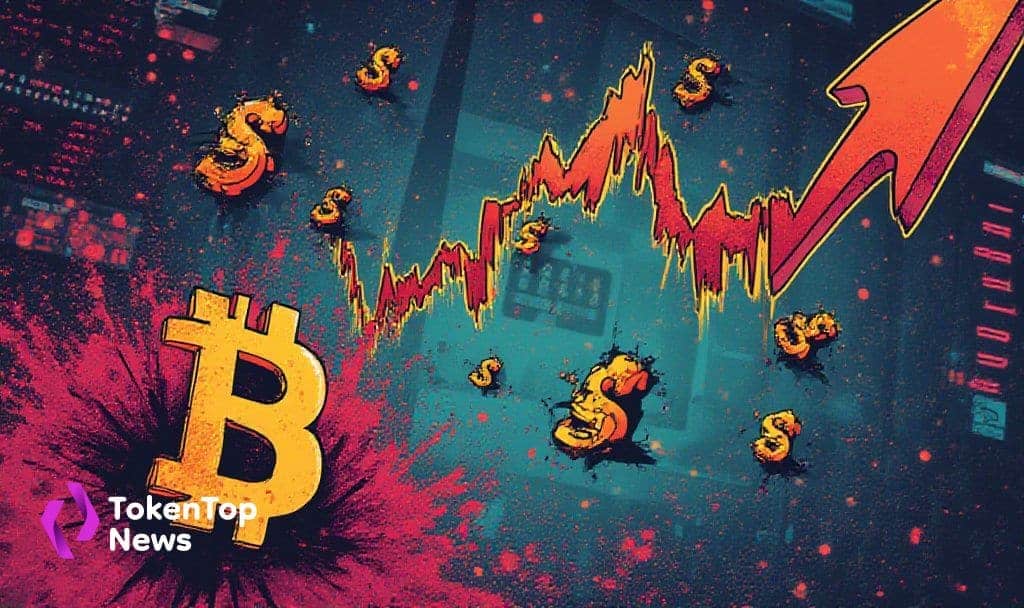CoinDesk 20 Index Declines as Crypto Assets Fall
- CoinDesk 20 index decreased 2% with broad crypto declines.
- Sui SUI +0.00% , Bitcoin BTC +0.00% Cash led with notable drops.
- Absence of official reactions from key leaders.

The CoinDesk 20 index dropped 2% recently, driven by declines in top crypto assets like Sui (SUI) and Bitcoin Cash BCH +0.00% (BCH), indicating widespread negative momentum.
The decline highlights vulnerabilities in the crypto market, with nearly all index constituents trading lower, reflecting risk-off sentiment among institutional and retail traders.
Main Content
The CoinDesk 20 Performance Update reports a 2% decline in the index, affecting nearly all constituents. Sui (SUI) experienced a notable 5.6% drop, while Bitcoin Cash (BCH) saw a 4.7% decline, reflecting negative momentum. Notable figures like Evan Cheng of Mysten Labs and Roger Ver, a prominent Bitcoin Cash advocate, have not issued statements regarding these fluctuations. The lack of official commentary leaves market developments shrouded in uncertainty.
The recent downturn suggests investor sentiment has shifted, with broad declines across leading crypto assets. This event indicates cautious trading behavior as nearly all major cryptocurrencies showed adverse performance in the latest index review. Despite the marketwide decline, there has been no significant institutional or funding shift indicated.
Currently, there are no direct primary source statements from either Sui’s leadership or the BCH community regarding the recent index performance decline.
Large-scale outflows appear unlikely, though risk-aversion is evident across major and minor cryptocurrency markets alike.
The absence of primary statements from leadership clouds the direct cause of the downturn. The market anticipates more clarity from industry leaders. Meanwhile, history suggests such declines often signal investor caution in volatile markets. Future implications depend on market stability and reactions from industry voices. Without insight from key opinion leaders, speculative trading may increase. Historical trends show these events could predict further volatility, pending new data or statements.




